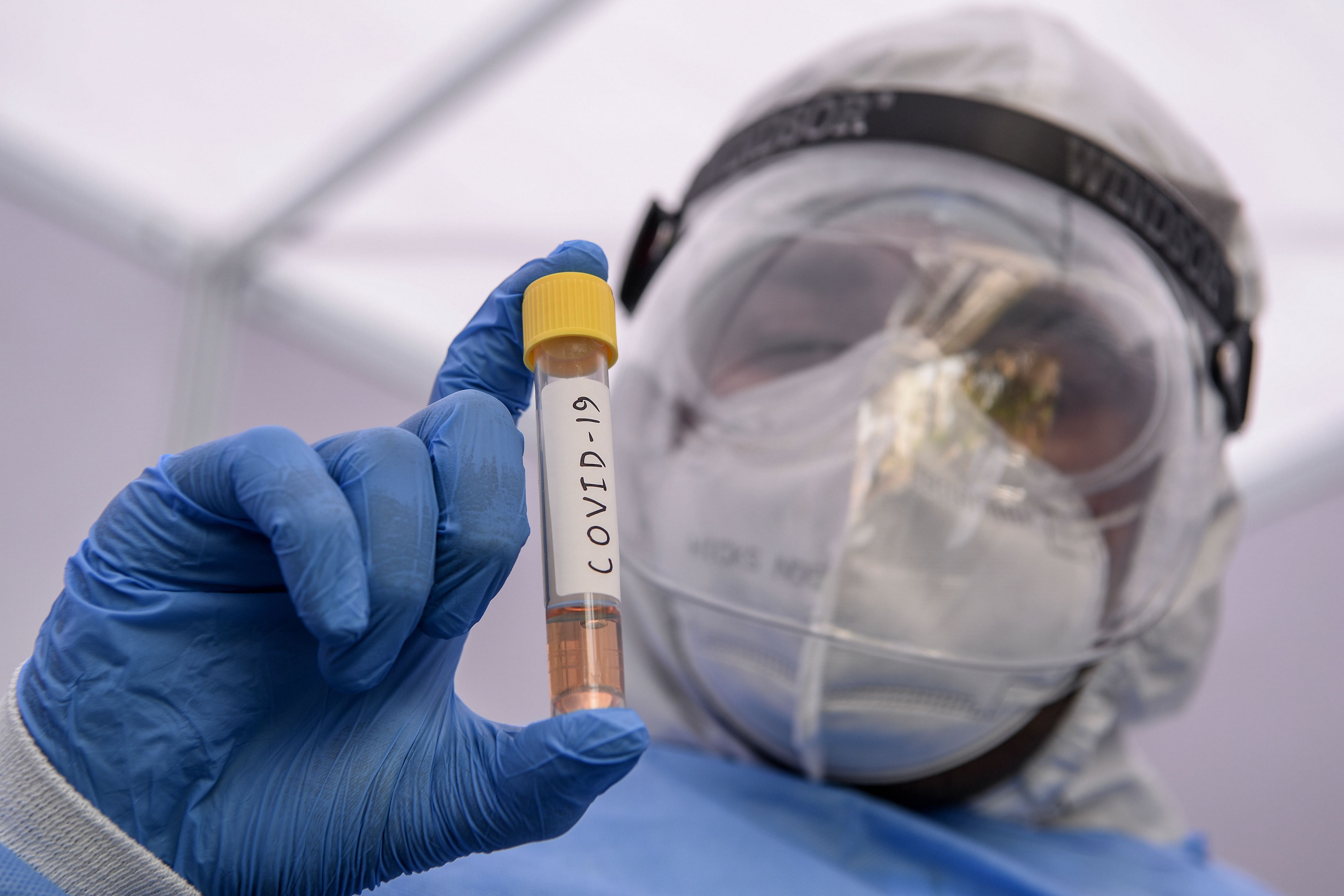
A medicinally useful microbe discovered by an Indian biologist half-a-century ago has made a comeback in India’s fight against coronavirus as the Council of Scientific and Industrial Research is set to start three clinical trials with a medicine containing an inactivated form of the bacteria.
The first trial would be on 50 critically-ill COVID-19 patients to check whether the intra-venous drug Sepsivac – used against sepsis or blood poisoning - can reduce mortality.
Track live updates on coronavirus here
The second trial would on about 500 asymptomatic persons, who may be close contacts of COVID-19 patients and health care staff. The objective is to boost their innate immunity and thereby preventing them from acquiring the disease.
Also Read: Coronavirus India update: State-wise total number of confirmed cases
The third trial will also be on a large number of hospitalised Covid-19 patients who are not critically ill. The aim is to see if the drug can lead to quicker recovery and prevents the disease progression into a more serious one requiring ICU management.
“We have received approvals from the Drugs Controller General of India for three trials. The first one will start soon and preliminary results may come in 35-40 days. Depending on the results, we will take a call on the other two trials,” Ram Vishwakarma, director of CSIR-Indian Institute of Integrative Medicine, Jammu and coordinator for the Covid-19 activities at CSIR told DH.
At the core of the drug, lies a microbe named Mycobacterium W (MW) that was renamed later as Mycobacterium indicus pranii (MIP) to honour its discoverer Dr Gursaran Pran Talwar – the grand old man of Indian biology – who established the National Institute of Immunology in Delhi.
Looking for a vaccine against leprosy, Talwar and his students spotted the MW in the 1970s and extensively studied the germ that was used successfully as a vaccine against leprosy. Because of its several unique properties, other researchers found its utility as a therapy against TB and some form of cancer too several years down the line.
The indigenous medicine was developed more than a decade ago in a public-private partnership and the technology was transferred to pharmaceutical major Cadila for commercial manufacturing. The company would now be a part of the trial along with AIIMS, Delhi and Bhopal as well as PGI Chandigarh.
“MW boosts the body’s immunity to fight against external agents like bacteria. For gram-negative sepsis it reduces the mortality by 50%. We would like to see if it works against Covid-19. The AIIMS Bhopal obtained approval from its Institutional Ethics Committee and we are waiting for the other two hospitals to complete the process,” said CSIR director general Shekhar Mande.
The majority of persons coming infected with Covid-19 or other viruses either do not get the disease or get a milder form of disease due to adequate innate immunity. The trial of the repurposed medicine is aimed at improving the internal immunity of the infected individuals so that they can fight the pandemic better.
